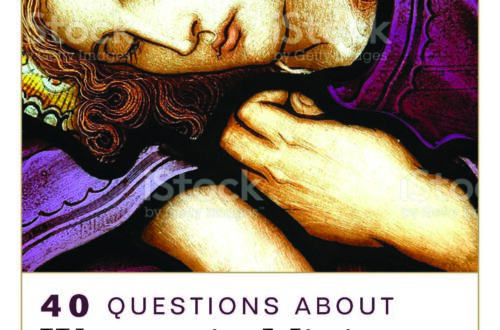Blind Spots
Check your rearview mirror. Look over your shoulder. Signal. Every time we climb into the car, these simple rules from Drivers Ed help us avoid blind spots and the accidents that could ensue.
We all have blind spots—in driving vehicles and in navigating life. When we don't recognize these tender areas, dangerous events ensue. Tires screech. Metal scrapes. People yell. Emotions flare. Conflicts deepen. Friendships fracture.
So this year—amidst a month when we make our resolutions and look for ways to grow into our better selves—I plan to address some of these tricky spots in my own life. You too?
How do we recognize our blind spots and work on the things others see—and are sometimes wounded by—while we move on unaware?
Here are some suggestions:
1. What things anger you in others?Lately I’m learning that the things that frustrate me in others are often a reflection of my own soul. They act like mirrors, showing me what feels like to be on the other end of a sharp comment, unissued invitation, or unclear expectation. The pictures they paints are both unsightly and indicting.
Why do we struggle with the same things that sting us so deeply? Perhaps it’s because flaws are easy to see but hard to correct. But if you, like me, find yourself angrier than necessary, especially over a relatively small incident, check your mirror. The event could be an uncomfortable reflection of something we need to work on.
2. What comments or conflict reoccur?Everyone has an opinion. And during arguments, flippant comments sometimes sting us. Evaluate these things, after you’re calm, to see if they’re true.
Passing comments or conflicts sometimes speak truth into our lives. But if they start to string together as repeated critiques or criticisms, it’s a good indicator that we need to look a little closer.
Have several unrelated people noticed our sarcasm, especially when we’re feeling stressed? Do we find ourselves arguing with our spouse over the same miscommunication again? Do our friends gently tease us about our lack of transparency? If we start seeing a trend, we probably need to dig a little deeper into what’s prompting their insights.
3. What trusted counsel have you received? We all need honest, safe people who can speak truth into our lives. Often our husbands or roommates receive the front row seat when it comes to our blind spots. They see things about us that others never notice. Longtime friends do too—they’ve celebrated our best moments and seen our worst days.
We need people who see our truest selves. And when we’re evaluating someone’s insights, we need to ask ourselves some honest questions. Do we respect the person speaking to us? Are they humbly telling us truth? Do they want to see us grow? If so, then they’re a friend we need to keep around. So let’s listen up and learn.
4. When do you experience conviction? You climb into the car and slink down into the seat. The conversation from hours—or minutes—ago replays in your head.
A gentle tug. A quiet whisper. That feeling of remorse. As much as we dislike, and often avoid such feelings, they are really the grace of God. His Spirit is exposing something in us that needs work. And when He exposes, He also invites us to come to Him and discover a better way to live.
Listen. Follow His lead. And let’s allow Him to not only show us our blind spots but teach us how to correct, ask for forgiveness, and move forward into a new direction. Will you join me?


